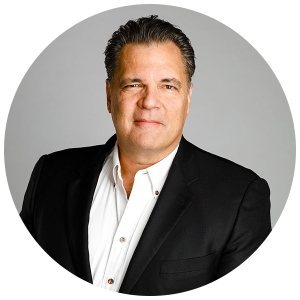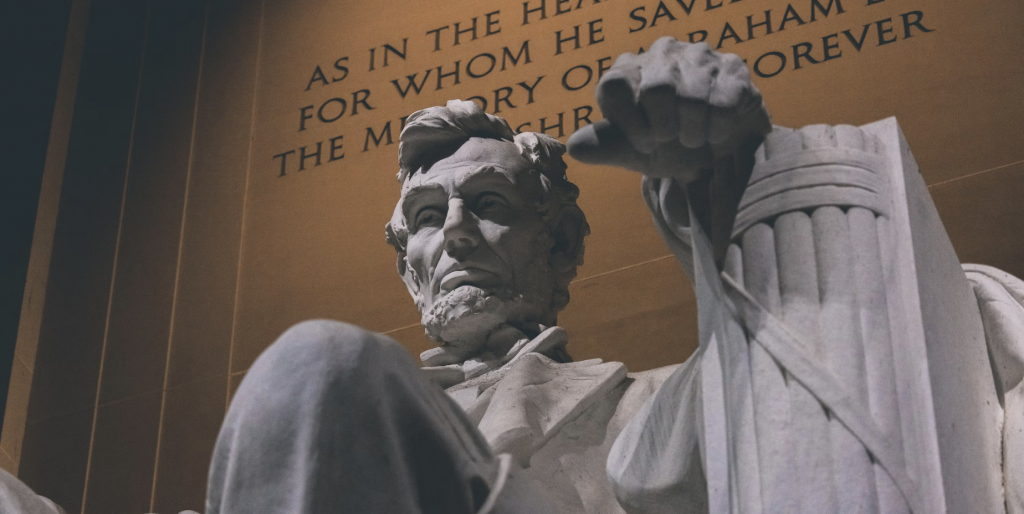Stephen Mansfield
Stephen Mansfield first rose to global attention with his groundbreaking book The Faith of George W. Bush, a bestseller that Time magazine credited with helping to shape the 2004 US presidential election. Mansfield’s The Faith of Barack Obama was another international bestseller. He has written celebrated biographies of Booker T. Washington, George Whitefield, Winston Churchill, Pope Benedict XVI, and Abraham Lincoln, among others. Stephen’s humorous but fiery Mansfield’s Book of Manly Men has inspired men’s events in the US and abroad. His more recent The Miracle of the Kurds has been selected as “Book of the Year” by Rudaw, the leading Kurdish news service. Stephen is a Senior Fellow for the Institute for Faith & Culture and serves as an ambassador for the D James Kennedy Center for Christian Statesmanship.











One Response
Coral Ridge has, i believe, a unique ministry in blending history with the bible/ what a tremendious blessing this is